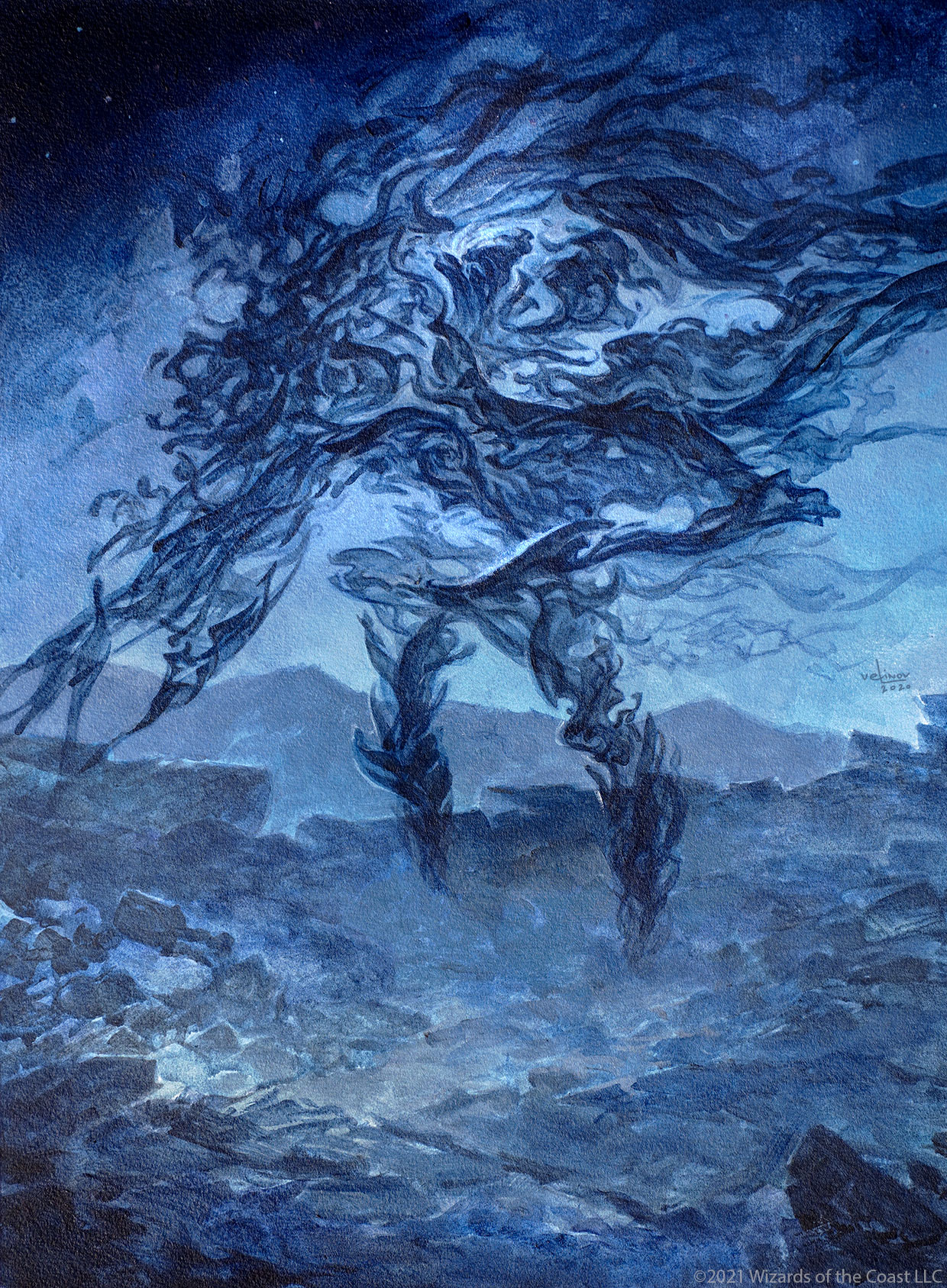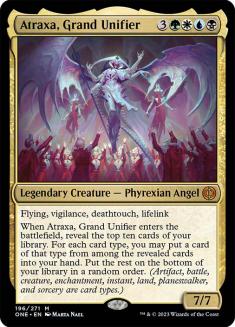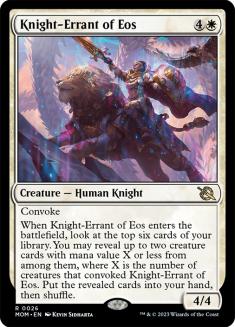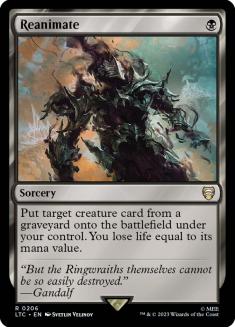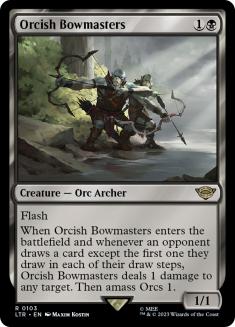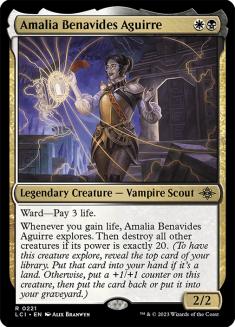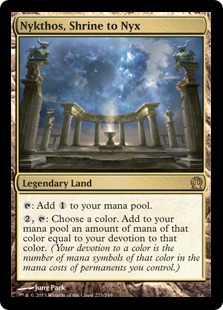Blake Rasmussen was joined by Andrew Brown, Magic: The Gathering’s Play Design Lead, on today’s episode of Weekly MTG to discuss yesterday’s Banned & Restricted announcement.
Despite the B&R update not changing any format, there was still plenty of discussion to be had over the decision to leave all formats alone. The first topic revolved around the B&R window for Standard and whether or not action would ever be taken on the format with rotation right around the corner. Brown said that the team would consider making changes before rotation in the future, but like all things, it is all in the details. Play Design isn’t seeing any cards being dominant across multiple decks like how Fable of the Mirror-Breaker was before its banning. If a card was being played too much in too many decks like the powerful saga, the team would be diligent and look to take action on it. Brown also noted that if they were to move the Standard ban window, it would be to after the World Championship. The main issue with that time window is that it goes against the team’s goal of revitalizing Standard and wanting people to be able to invest in Standard and play one deck for a long time.
Rasmussen and Brown then briefly talked about the smattering of key cards from Innistrad: Midnight Hunt, Innistrad: Crimson Vow, Kamigawa: Neon Dynasty, and Streets of New Capenna that are leaving Standard and opening it up for new decks. Some of those being the common fetch lands from Streets of New Capenna, the channel lands from Kamigawa: Neon Dynasty, and the many legendary creatures that fueled the Esper and Four-Color Legends decks. The two cards remaining in the format that garnered the most attention for potential bannings are Atraxa, Grand Unifier and Knight-Errant of Eos. But after considering what the format looks like post-rotation, the cards don’t appear problematic. Atraxa loses its main home in Domain and Knight-Errant of Eos loses Voldaren Epicure, which is a crucial component in the Boros Convoke deck’s explosive openings. It’s also important to point out that Path of Peril, a key answer to Boros Convoke, is also rotating so Play Design will keep an eye on the deck.
The next major talking point was Legacy and the choice not to take action on Grief despite Dimir Reanimator being an acknowledged sore spot on the format. Brown said that not banning Grief was Play Design’s most difficult decision for this B&R update. He reiterated that evoking Grief into reanimating it was not a fun play pattern to happen often, but the team ultimately thought that because there aren’t any major Legacy tournaments coming up soon and that there is time for people to experiment with Modern Horizons 3, they can package the eternal formats together in the next B&R on August 26. Brown said previous Modern Horizons sets had considerable impacts on Legacy, so they want players to have a chance to see if Modern Horizons 3 follows suit. If the set doesn’t move the Legacy meta in any fashion, they will have a much harder look at Grief.
Brown also provided the tidbit that there isn’t really a possibly of a Legacy panel being formed similar to the Pauper Format Panel. This is mainly due to the facts that Legacy is a sanctioned format and Play Design can make decisions with the knowledge of upcoming cards in future sets. He also said that the Play Design team has format experts who put in more time and games into the eternal formats. Notably, the Legacy expert did recommend banning Grief. Lastly for Legacy, the Play Design team’s feelings haven’t change on Orcish Bowmasters. It’s still acceptable in the format and a productive tool for combatting Brainstorm, a card they want people to still be able to play.
As for Modern, they are mainly looking forward to the Pro Tour this weekend to use in conjunction with the data coming in following the release of Modern Horizons 3. They are keeping an eye on Nadu, Winged Wisdom decks, but early online date doesn’t show it being as dominant as it is popular.
In Pioneer, Brown repeated what he said about the Amalia combo deck in previous discussions: they love creature combo decks as they are sweet in all formats and can always be interacted with through the most ways. The downside, like always, is the fact the deck can cause many games to end in draws, but that hasn’t been problematic enough to remove the deck from the format. Amalia is having a recent resurgence and popularity and win rates, so the team will monitor it closer than usual. Mono-Green Devotion was the other deck asked about and Brown revealed despite its popularity, it has losing matchups against a large part of the top of the meta. Brown put a cap on Pioneer by saying it is a healthy format with all macro archetypes being represented and it lives as a home for cards that leave Standard.

